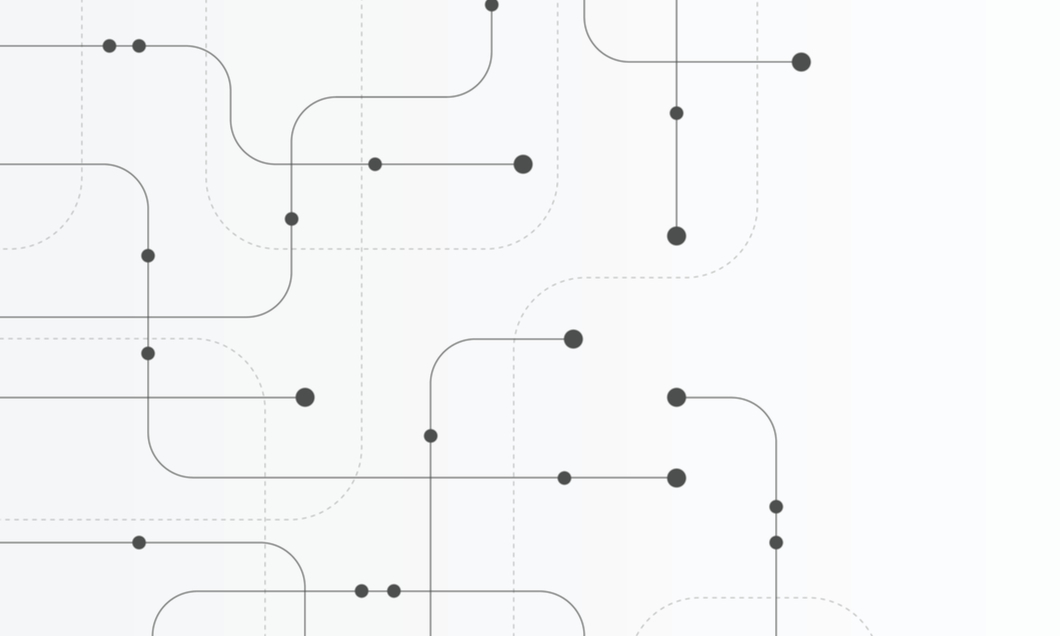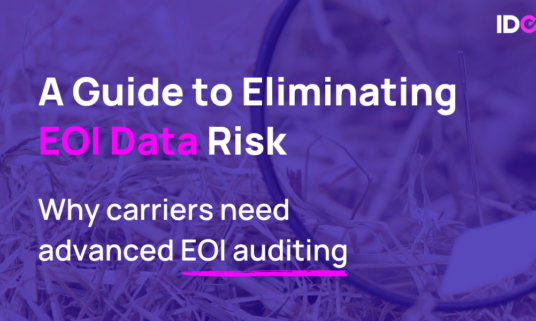Ideon Blog
February 09, 2022
By: Ideon
Asked & Answered: What benefits administration platforms should know about LDEx

If you work for an HR or benefits administration (BenAdmin) platform, you might have heard the term LDEx, i.e., LIMRA Data Exchange Standards. Whether you’re actively adapting your systems to transmit LDEx-formatted enrollment data or have only seen the term in passing, there’s a lot happening around this opportunity and, of course, a lot for you to consider.
LDEx won’t immediately solve all of our industry’s data exchange challenges, but it’s a step in the right direction. ADP, Benefitfocus, benefitexpress, Businessolver, PlanSource, Selerix, Paycom, and other industry leaders are members of the LIMRA committee tasked with developing the LDEx, reflecting its transformative potential. Some BenAdmins, however, have a myriad of questions.
Ideon, also a committee member, created this primer to answer basic questions about the standards and offer suggestions for leveraging them with minimal effort and expense.
What is LDEx?
The LIMRA Data Exchange (LDEx) Standards® are a set of rules—for terminology, formatting, content, and delivery—that facilitate digital communication between BenAdmin platforms and group benefits carriers. They are meant to replace various ad-hoc formats, such as EDI 834, for transmitting data about employee enrollment and eligibility in group benefit plans.
What are the advantages of LDEx for HR and benefits platforms?
If implemented broadly, LDEx will substantially reduce the complexity and expense of integrating with carrier systems and sending enrollment data in carrier-specific formats.
As BenAdmins know all too well, the lack of consistency has, traditionally, caused significant operational challenges and group-onboarding delays. BenAdmins typically spend weeks to months setting up and testing carrier connections. But if both carrier and BenAdmin platform use LDEx, there will be greater uniformity and accuracy throughout the integration and testing process, reducing the resources BenAdmins must allocate to adding and managing groups.
As industry adoption increases, BenAdmins will be able to connect and transmit data to carriers more efficiently. Ultimately, brokers, HR teams, and members will find that enrolling and modifying group benefits will be faster and more accurate if their BenAdmin uses LDEx. In today’s hyper-competitive environment, this is a business imperative: BenAdmins need to make the enrollment experience as easy and automated as possible, across as many insurance carriers and product lines as possible.
Who created LDEx?
LDEx is sponsored by LIMRA, a non-profit consulting group and trade association that works primarily with the life insurance industry. The standards were developed by a steering committee composed of 40 executives from group benefits carriers and BenAdmin platforms.
What capabilities does LDEx provide?
The initial standards, released in January 2020, covered a wide range of benefits, including dental, vision, disability, critical illness, and life products. More recently, it has been expanded to include medical plans, flexible spending and health reimbursement accounts, paid family leave, and employee assistance programs.
The LDEx standard is carrier-agnostic and covers information about benefits elections, coverage changes, terminations, non-coverage demographic changes, and eligibility management. It also allows carriers to communicate data issues and coverage confirmations back to the BenAdmin provider.
The standards are designed to communicate transactions using structured XML files, a flat file format that’s common in the insurance industry. There are also near-term plans for LDEx to support for REST APIs, which allow for faster processing and better, automated error checking.
LIMRA is working on extensions to support electronic communication of benefit plan designs and quotes.
What must benefits platforms do to use LDEx?
The standards can be downloaded for free from LIMRA. In general, BenAdmins can implement them the same way they would configure their systems for any other data exchange format.
It remains to be seen how much consistency there will be among carriers adopting the LDEx standard. One cautionary tale: EDI 834. This standard remains the status quo format for most medical plans, but over time carriers have developed their own variations, so BenAdmins have had to modify and test their data formats for each dialect of the standard.
Will carriers do the same with LDEx? Time will tell. In the meantime, there are tactics BenAdmins can implement to leverage LDEx to the fullest extent possible while leaving room to adapt if necessary.
How can benefits platforms ease the burden of adopting LDEx?
Although LDEx will ultimately save time and money for BenAdmin platforms while enabling a smoother user experience, some remain hesitant. After all, wouldn’t adopting the standard require devoting significant resources to development and testing the format—while still building and maintaining the carrier connections?
Not quite.
Ideon’s middleware solution enables benefits administration platforms to send LDEx-formatted data to any carrier, regardless of whether the carrier is set up for LDEx. Ideon handles the translation into LDEx or whatever format is best for the carrier. It’s not just a quick fix—it’s a long-term strategic move to enhance your carrier connectivity and set yourself up for scalability and adaptability in the future. Ideon radically reduces the time and effort needed to set up and administer group benefits, while delivering faster and more accurate information for employers and members.
For more information, please reach out to us here or send us an email at sales@ideonapi.com


